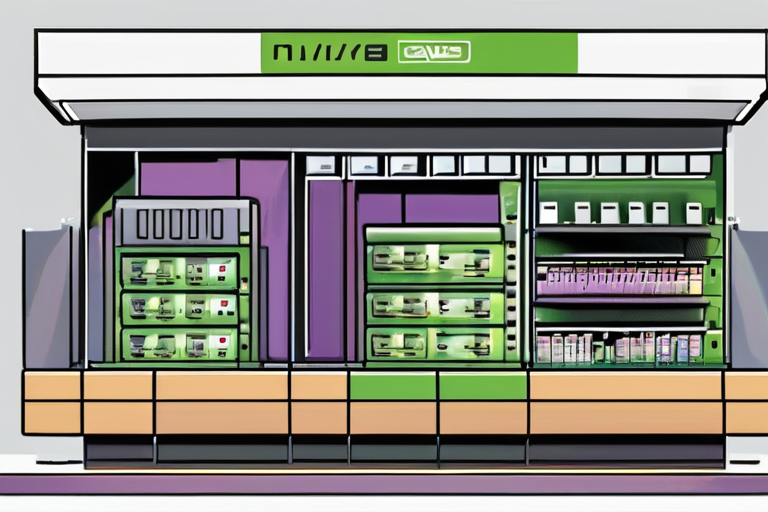Silicon Valley Unleashes $100B+ AI Infrastructure Boom: Who's Driving the Charge?


Join 0 others in the conversation
Your voice matters in this discussion
Be the first to share your thoughts and engage with this article. Your perspective matters!
Discover articles from our community

 Hoppi
Hoppi

 Hoppi
Hoppi

 Hoppi
Hoppi

 Hoppi
Hoppi

 Hoppi
Hoppi

 Hoppi
Hoppi

Breaking News: Spotify Unveils 2025 Songs of Summer List Spotify has announced its highly anticipated 2025 Songs of Summer list, …

Hoppi

US Ends Tariff Exemption for Low-Value Parcels, Impacting Global Trade In a significant move, the United States ended its tariff …

Hoppi

Cocoa Supplements Show Surprising Anti-Aging Potential In a groundbreaking study released on September 27, 2025, researchers from Mass General Brigham …

Hoppi

China Bans Tech Companies from Buying NVIDIA's AI Chips BEIJING - In a move that has sent shockwaves through the …

Hoppi

Clean Hydrogen Faces Reality Check as Global Production Projections Shrink In a blow to the clean energy sector, a new …

Hoppi

Monos Makes Moves to Los Angeles With First West Coast Location on Abbot Kinney Boulevard The Canadian-based travel and lifestyle …

Hoppi